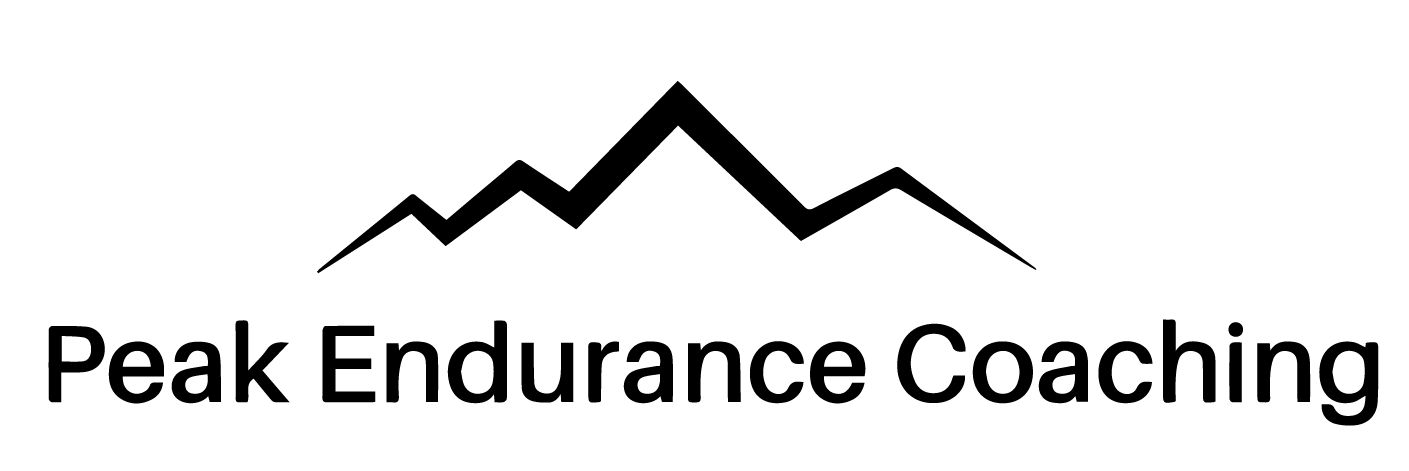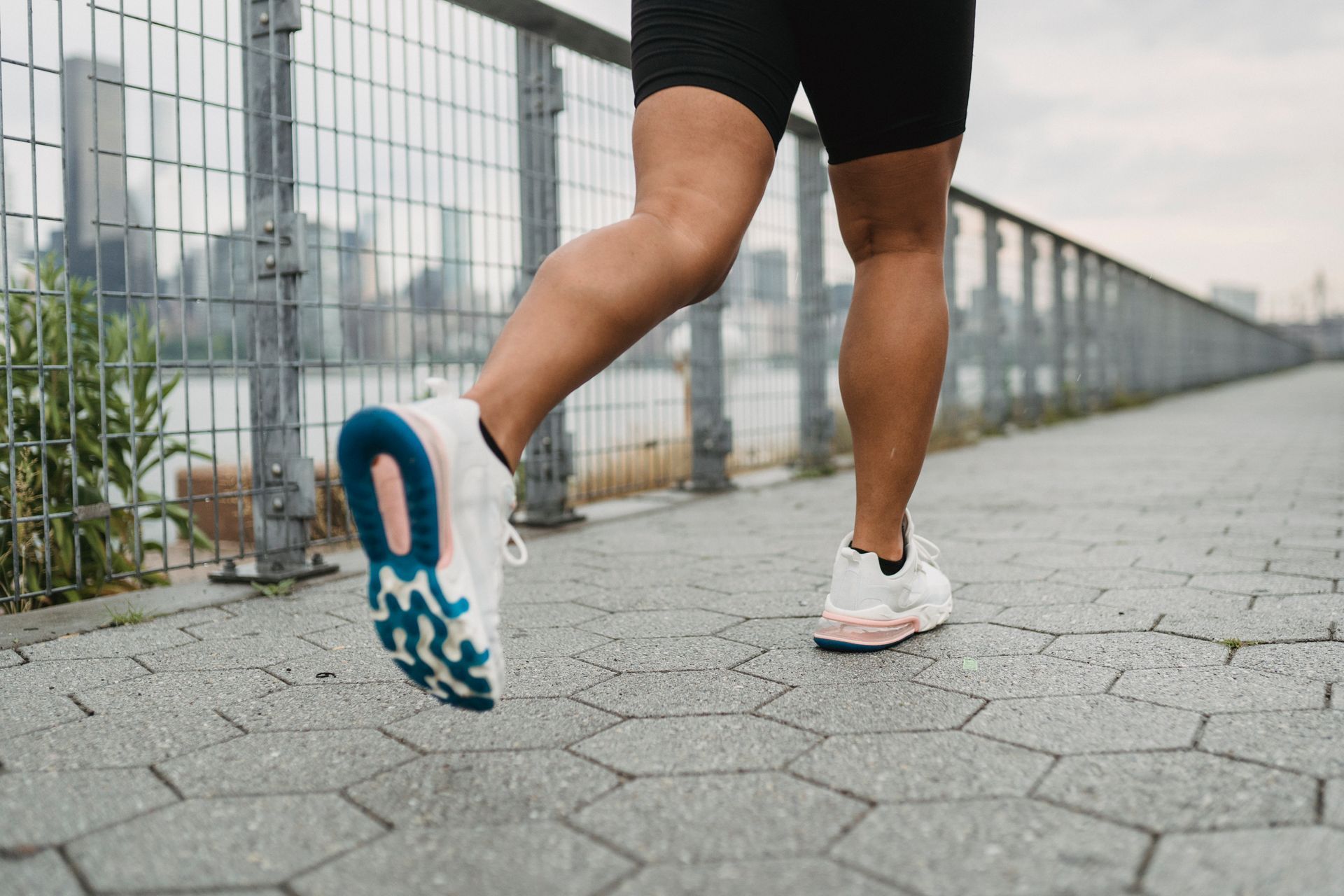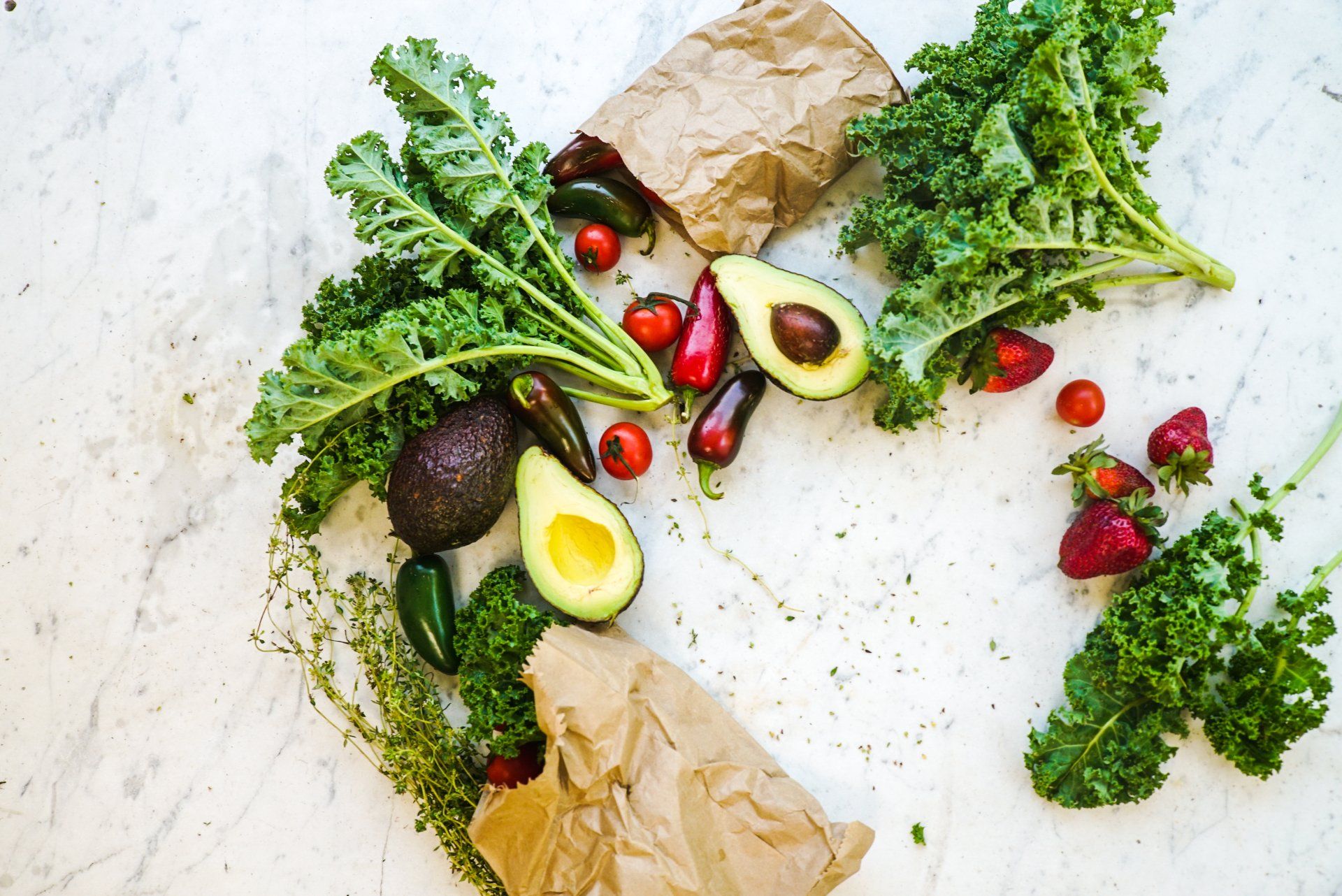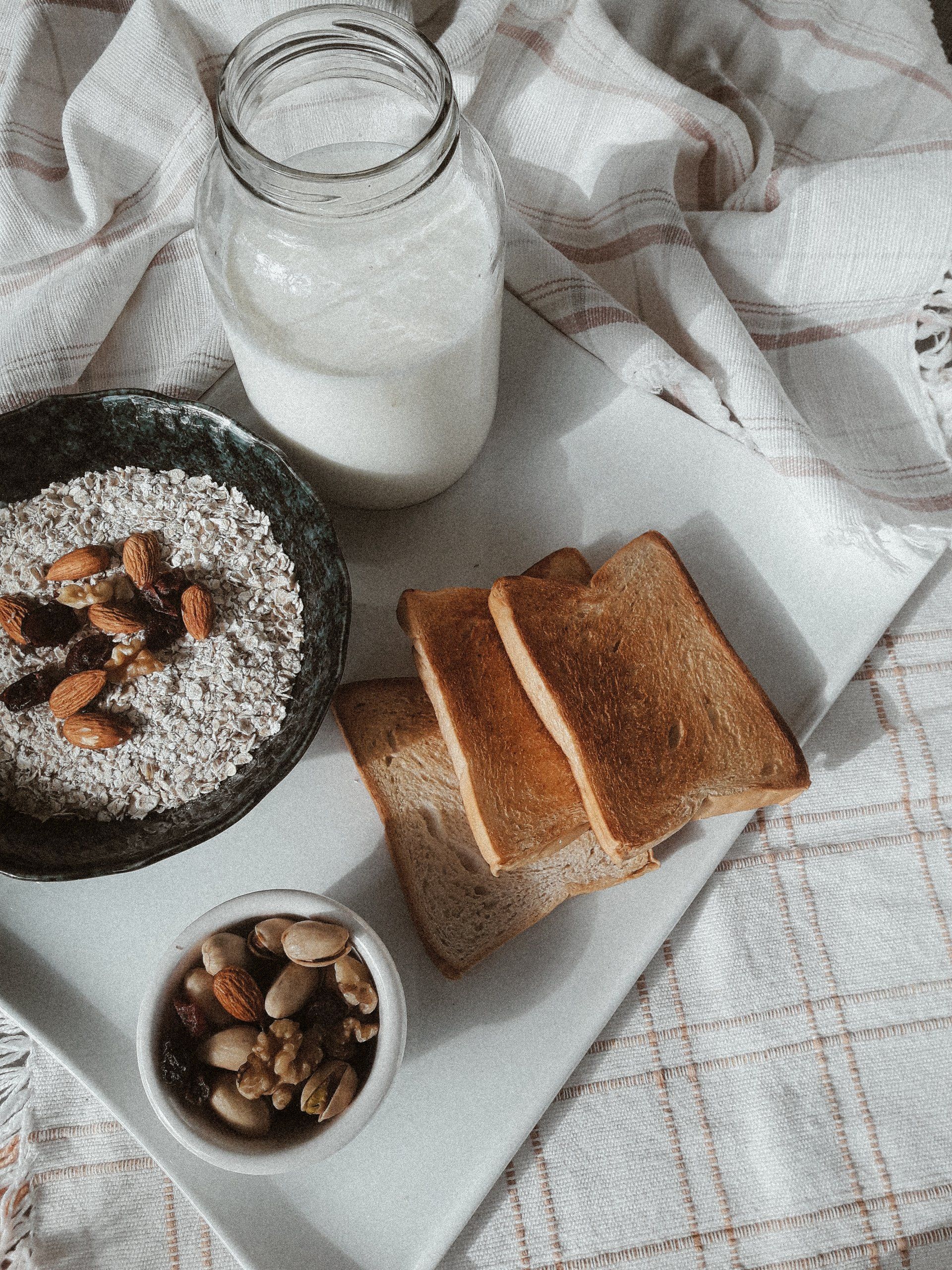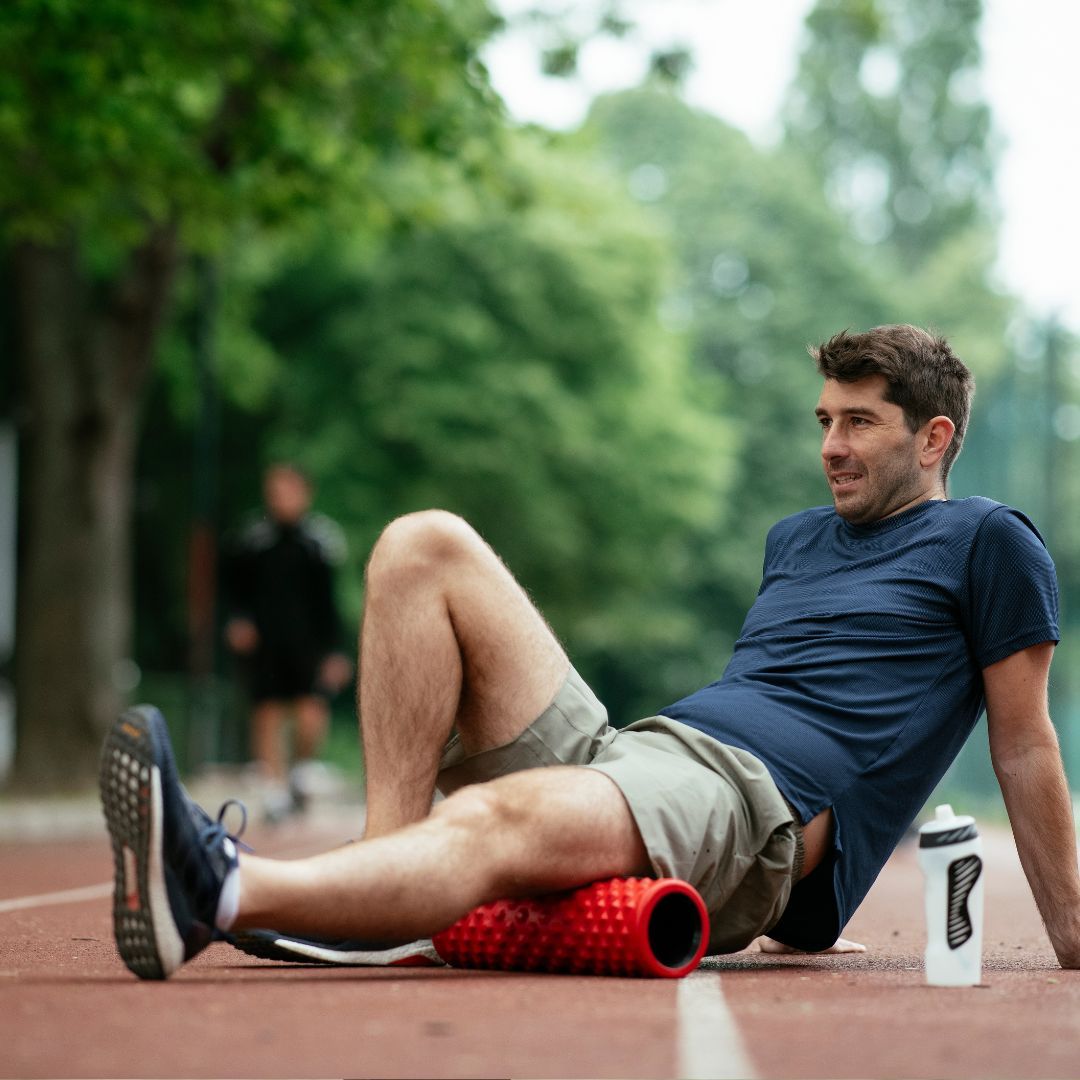The Science Of Willpower
What is the difference between willpower and discipline?

What is the difference between willpower and discipline? I have discussed discipline before (see this article here<<), so now let’s talk about willpower.
The Biology Of Willpower
Willpower and its development is without a doubt a hot topic for many people, which is why you can probably find a lot of people talking about it.
But really, to fundamentally change how your willpower functions, you have to understand how it works on a physiological level.
If we trace human history, we can come to find that willpower & self-control are instincts that formed throughout our evolution.
For instance, when humans were more primal, you had to somehow know that you should stay away from other humans’ things, or otherwise, you might get hit in the head.
This is exactly how over time, the prefrontal cortex has developed - this is the section of the brain that is responsible for self-control.
The thing is, this part of your brain uses up quite a lot of energy and when you’re tired, underfed, or under-recovered, it suffers the most.
And the problem is that nowadays, we are exposed to so many situations that drain our self-control (stopping scrolling being a big one!), leading to more and more people finding less and less motivation and willpower to do the right things for themselves.
Stress vs. Willpower
If you know a thing or two about stress, you’d be aware that the body has the so-called “stress response”.
This is a self-protection response that arose back when our ancestors were living in the wild, where predators were behind every tree.
The stress response is also known as the “fight or flight” response and is characterized by an increased heart rate, alertness, lowered immune function & high cortisol and adrenaline levels.
The same response gets triggered in animals, such as when a gazelle gets attacked by a cheetah.
Contrary to the fight or flight response, the instinct of willpower kicks off another response, called the “pause and plan” response.
This is basically the moment of rationalisation when you’re responding to an internal conflict.
So, you see, with the stress response, you respond to a threat in the environment…
But with willpower, you realise you are potentially your own threat.
If you trigger the pause and plan response, you will be able to induce self-control and develop more sustainable, healthier habits, and overall, make the right choices in any situation.
It’s All In The Heart
Your heart rate variability (HRV) is one of the most important variables that can speak about your internal response and whether it’s a stress or self-regulation response.
Heart rate variability (HRV) is basically the variance of time between the separate beats of your heart.
When under stress, the heart rate goes up and the variations decrease, pushing the heart to work closer to its maximum capacity.
This in turn triggers the feelings of fear or anger that are relevant to the fight or flight stress response.
Conversely, when you successfully trigger the pause and plan response, your parasympathetic nervous system takes over to induce a relaxation signal.
This makes the heart rate come down while the HRV increases and this, therefore, creates the feeling of calmness, present alertness, and focus.
Heart-Brain Coherence
You see, willpower, self-control, or however you like to call it, is not just about one component of your brain, such as the prefrontal cortex.
The moments of self-regulation and willpower are the end product of the work of a countless number of intricately connected neurons and systems in the body.
But we can certainly look at two specific organs that seem to govern the majority of physical and mental responses.
Those are namely the heart and the brain.
Studies find that the heart has its own “mini-brain”, which is basically a bunch of brain neuron-like cells. (3)
This means that the heart can do almost everything the brain does, independent of the brain.
And then again, these two organs are intimately connected through the neural network, constantly governing each other’s work.
Isn’t It All Autonomous, Though?
When we talk about biology, most of the processes in the body are automatic.
You don’t consciously digest, control your blood pressure, heart rate, etc…
BUT… There is ONE autonomous function that can make you capable of powerful self-regulation responses… Breathing!
Now that you’ve read the word above, you’re probably breathing consciously, but don’t worry, you’ll switch back to autopilot in a second.
However, whenever you decide to, you can take conscious control over your breath.
Even at moments when willpower needs to come into play, you can use breathing to induce powerful self-regulation.
Breathing Willpower Practice
Remember, most of your responses and thoughts are a repeating pattern and you have the willpower to change that, in case it impacts you negatively.
Here’s something you can do during moments when you need willpower/self-regulation:
- Breathe in deeply and slowly (4-6 seconds)
- Hold your breath and pause for 4 seconds
- Exhale slowly for 4-6 seconds
- Repeat a couple of times
Though you may think “Hell, what will breathing do?”, this sends a powerful relaxation signal to the brain and the heart.
Each breath takes you further and further from the stress response, thus opening the doors for a brief moment of pause and plan, that will improve your thoughts, feelings, emotions, actions, and therefore, end results. You can buy my mindful breathing eBook to learn many different techniques to help you here<<
Conclusion
Willpower and self-control are instincts that have allowed us to survive, thrive, and evolve.
Much like the stress response, the willpower response doesn’t get triggered as it used to during the times of our ancestors.
Nevertheless, it remains a functional part of people’s character and is something that can be worked on.
It is just a matter of YOU taking conscious control over your own actions, thoughts, and feelings.
Remember, YOU are the master of your body and mind. YOU are capable of powerful, internal self-regulation.
References
- https://www.health.harvard.edu/staying-healthy/understanding-the-stress-response
- https://scopeblog.stanford.edu/2011/12/29/a-conversation-about-the-science-of-willpower/
- https://www.huffpost.com/entry/heart-wisdom_b_2615857#:~:text=Yes%2C%20the%20human%20heart%2C%20in,the%20body%20feels%20and%20more.
- https://www.verywellmind.com/what-is-the-autonomic-nervous-system-2794823#:~:text=The%20autonomic%20nervous%20system%20regulates,flow%2C%20breathing%2C%20and%20digestion.
- https://www.heartmath.org/articles-of-the-heart/the-math-of-heartmath/heart-focused-breathing/#:~:text=Typically%2C%20HeartMath%20recommends%20that%20you,establish%20your%20own%20natural%20rhythm.
